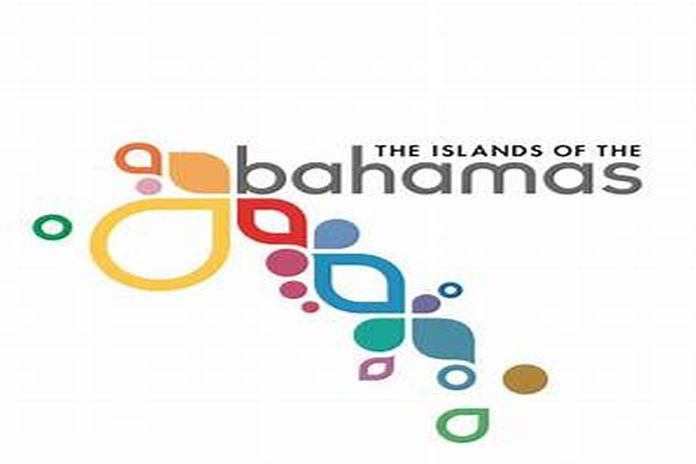NASSAU, The Bahamas – The Inter-American Development Bank (IDB) has approved a US$160 million loan to The Bahamas for policy reforms to improve its natural disaster risk governance. The operation seeks to create better governance conditions for implementing public policies for risk identification and reduction, disaster preparedness, recovery, and financial protection.
This loan is expected to foster a macroeconomic environment conducive to the program’s objectives. Additionally, this operation supports the Disaster Risk Management (DRM) Act, which establishes the legal, institutional, and budgetary conditions needed to implement more effective public policies in disaster risk management.
This legislation passed in parliament in December 2022, introduces a new paradigm for addressing disaster risk, prioritizing prevention based on accurate risk analysis, and establishing an institutional framework that defines the responsibilities of various public entities and levels of government, along with financial resources for preventing and responding to emergencies.
To measure the governance conditions that facilitate disaster risk management, in 2012 the IDB designed the Index of Governance and Public Policy in Disaster Risk Management (iGOPP), which has been endorsed by the United Nations. The iGOPP is measured as a percentage ranging from zero percent to 100 percent. The Bahamas’ iGOPP score in 2020 was 22 percent, below even the average of 33 percent for Latin America and the Caribbean. With the passing of the DRM Act, The Bahamas’ iGOPP score was projected to increase to 38 percent in 2022.
The Bahamas is among the countries in the Latin America and Caribbean region that are most exposed to natural disasters, especially climate-related ones. Over the last 20 years, it has experienced 14 major catastrophes – mainly hurricanes – resulting in 400 fatalities, 50,000 affected individuals, and over US$6.7 billion in damages. Climate change is likely to exacerbate these impacts.
The IDB-approved program will benefit the inhabitants of the country who are exposed to disasters, who number as many as 344,279 in the case of a hurricane with extreme winds.
This operation is the first loan in a two-part programmatic series. The loan has a 20-year repayment period and a 5.5-year grace period.





